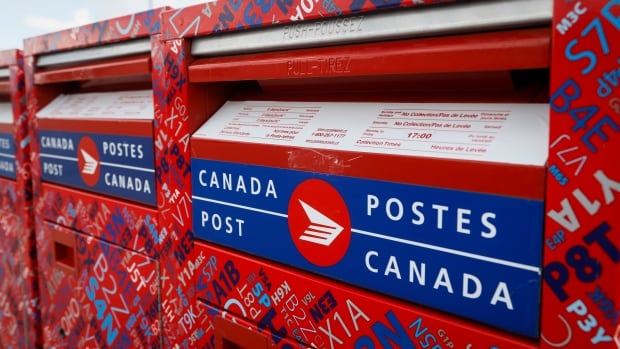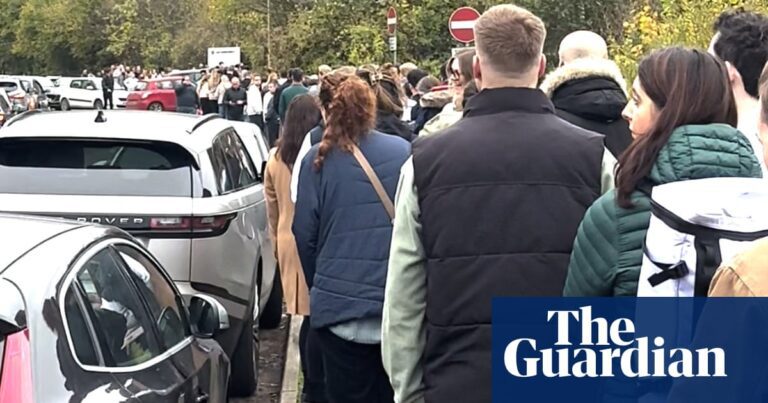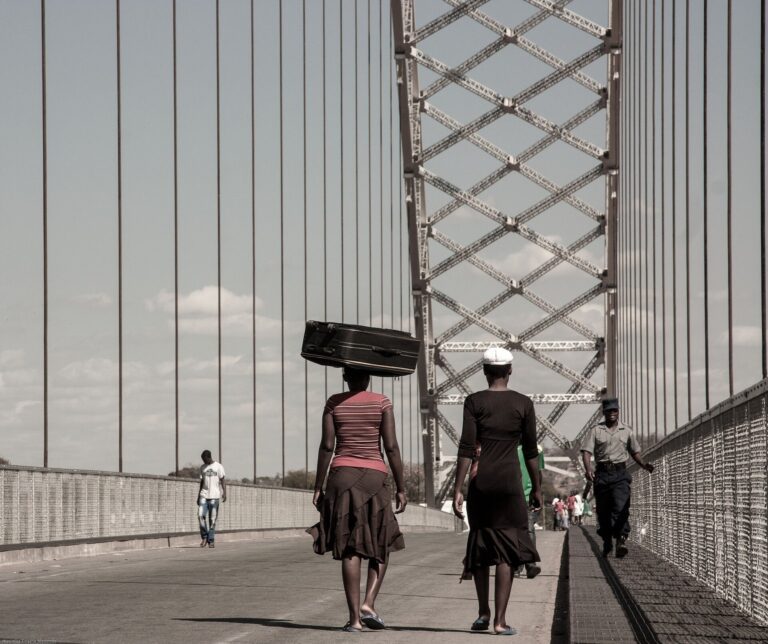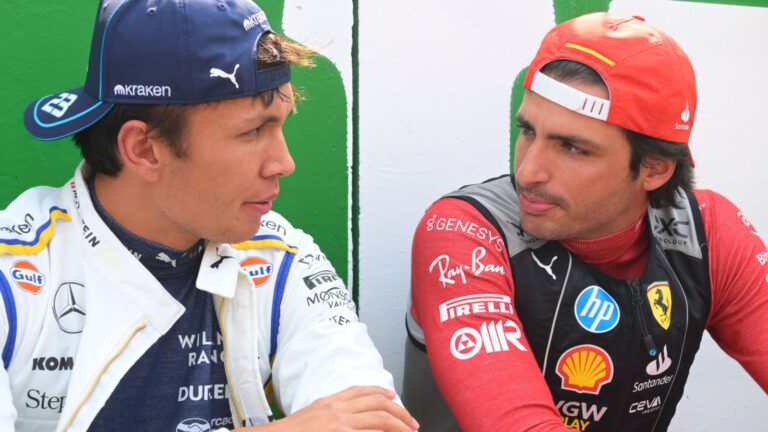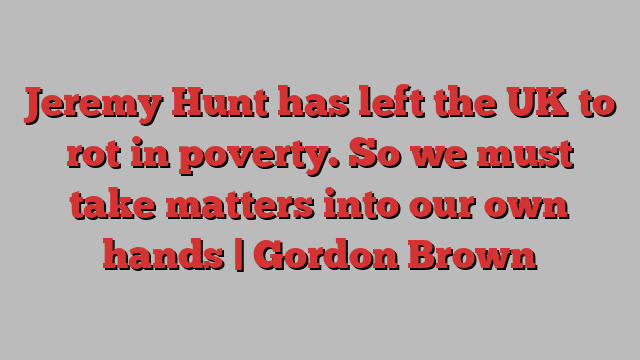
Jeremy Hunt has left the UK to rot in poverty. So we must take matters into our own hands | Gordon Brown
Poverty will last until doomsday if this Conservative government is all that confronts it. The so-called “budget for growth”, more accurately titled the “budget for growth in poverty”, has done nothing for our 271,000 homeless people, the 400,000 children who tonight will sleep without a bed of their own, the 14 million condemned to damp or substandard housing. Nor will it prevent suffering for the 7.5m UK households who are in fuel poverty.
The threat posed by rising destitution is now so serious that hard-pressed, under-resourced charities will have to give up on helping the hungry so they can focus on the starving, opt out of helping the inadequately housed so they can help the homeless and turn their attention from supporting the down-at-heel to rescuing the down and out.
Food prices in the shops have risen 18% in a year, with many basic items shooting up by twice as much – baked beans up 35%, ketchup up 39%, tomato soup up 73% – creating middle-class poverty in its wake, with 9.7 million adults already skipping or cutting back on meals and six in 10 adults unable to afford other basic essentials.
I have always thought of budgets as more than just a catalogue of figures and headline announcements: budgets are moral documents which tell us what kind of country we are and aspire to be. In the chancellor’s accompanying budget documentation, the Office for Budget Responsibility conceded that British families are now facing a two-year long 6% squeeze on standards of living – which are expected to be lower in 2026 than in 2019. So his first and central priority should have been the relief of this growing poverty. Instead, Jeremy Hunt gave an astonishing £4bn over the next five years to the richest few. Yes, he trumpeted the £4,000 per person set aside to get disabled people back to work, and heralded the £951 per child – mainly from 2025 – for caring for one- and two-year-olds.
But the real winners are rich, professional elderly people whose tax reliefs will work out costing over £250,000 each for the 15,000 people his OBR think will benefit. In contrast, a family on universal credit is now in receipt of less than half of what a 2022 report from Loughborough University showed is needed for a decent standard of living.
The chancellor mentioned the word poverty only twice in his budget speech – and then to make a complacent, backward-looking, self-serving claim about tax cuts lifting 2 million out of absolute poverty. He should have admitted that poverty is actually worsening by the day, that a record 2.1 million people are using food banks, and that there are 14.4 million living in poverty, including 4.2 million children, the vast majority of whom are in families where the breadwinner is on low pay. As the TUC’s report on the dramatic rise in poverty in working households shows, you can work all hours in Britain today and never make ends meet.
He should be seeing what I and millions others are witnessing: a poverty that is becoming so entrenched that mental illness is on the rise, Victorian diseases like malnutrition are returning, life expectancy falling and too many many parents today are facing the impossible daily decision of whether their children go without food, heating or being clean. As toothpaste, shampoo, nappies, toilet rolls, and cleaning products are fast becoming unaffordable “luxury” items for millions, private hygiene is becoming a public health issue.
More than 3 million UK adults are now estimated to be in hygiene poverty. At least 12% of the adult population say they have avoided facing colleagues as a result. In a recent survey, three in 10 girls said they could not afford period products, and one in four admitted they had gone without toilet paper or soap or shower gel, washing less, sharing toothbrushes or reusing nappies, robbing them of the basic dignities of life. Too many children are enduring the stigma of being called dirty and all the social rejection that follows: bullied at school, shunned at playtime, dropped by friends, cruelly denied so much of what should be an automatic part of growing up for every child.
The situation is now so serious that alongside the country’s 3,000 food banks, clothes banks, bedding banks, fuel banks and baby banks, a new form of bank – the toiletry bank (sometimes called the beauty bank) – has been summoned into existence with 2,000 community organisations now giving out hygiene products.
This week, the multibank project run by the Cottage Family Centre in my local area of Fife (which has inspired the first multibank in England, the Brick by Brick in Greater Manchester) will, for the first time, deliver special children’s packs with basic hygiene essentials, including soap and shampoo. Across the winter their biggest demand from families – largely met by the Textile Services Association and Amazon – has been for duvets, blankets and even sleeping bags and hot-water bottles. But now, the more immediate requests are for soap, nappies and other basic cleaning and hygiene products.
There is a good reason why this is so necessary. Most hygiene products are rising in price, from shampoo (21%) to washing liquid (25%). Even in the cheapest supermarkets, a four-pack of toilet rolls can now cost £1.69, a four-pack of soap £1.79, a 60 pack of nappies £7.99, washing powder £3.69 for 40 washes and toothpaste 59p. So expensive have some products become that campaigners like Toiletries Amnesty are linking up with concerned retailers to make essentials available free of charge and to their credit, national charities like In Kind Direct are searching the country for donations of hygiene products.
Good retailers are organising drop-offs of unused items, situating trolleys near store doors for donations, and under the slogan “Beauty with a Purpose”, supporting beauty banks. But it is not enough. Of course, the roots of hygiene poverty lie in low pay, years of real-term cuts in benefits, and the little-known system of benefits deductions that impoverish half the children in families on universal credit.
English schools and Scottish and Welsh governments are now offering period products free of charge, and doctors are piloting social prescribing of essentials including toiletries. But because action is needed now, I am approaching not just retailers but also manufacturing companies, asking them to not only to offer up surplus goods, but to consider special production-line runs of unbranded toiletries to ease the crisis.
These companies will not be losing customers as a result. Instead they will be helping people who, in their hour of greatest need, simply cannot afford to buy their products. The budget proved that the government won’t do more until it is pushed, and so we have to take matters into our own hands. There has to be a coming together of charities, companies, churches and faith groups, and all those concerned citizens who are already showing they are more compassionate than those who rule over us. Rising poverty is now a national emergency and, if we all march under the same banner for a poverty-free, opportunity-rich Britain, change will come.

